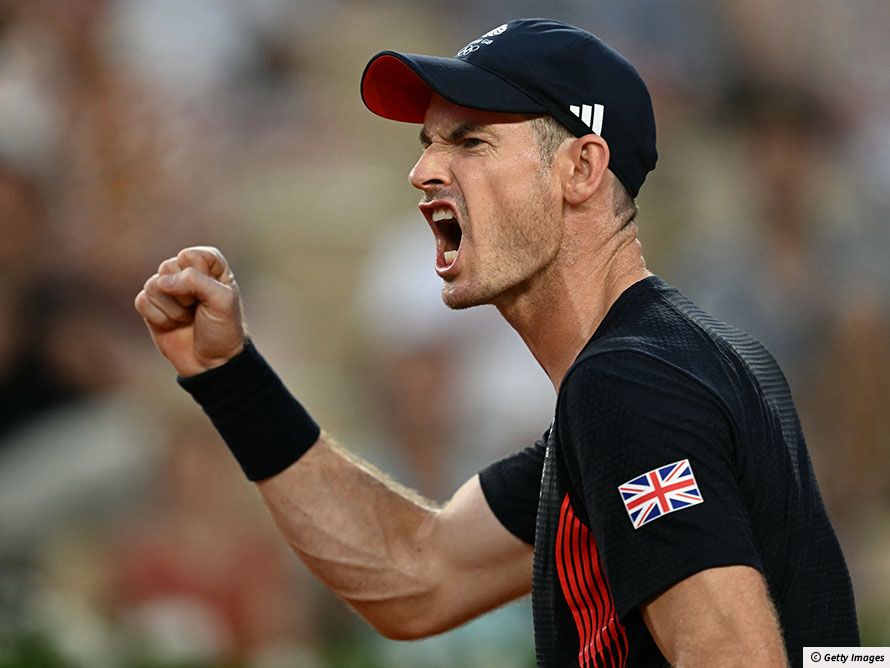Is he Britain’s greatest sporting hero? As tennis legend Andy Murray bows out at the Paris Olympics, fans and fellow players have lined up to praise his talent and spirit.
The man who never said never
 Grit: Andy Murray went down fighting to the last in his final match in the quarter-finals of the men’s doubles at the Olympic Games last Thursday.
Grit: Andy Murray went down fighting to the last in his final match in the quarter-finals of the men’s doubles at the Olympic Games last Thursday. Glossary
LTA - The Lawn Tennis Association, the governing body for British tennis.
Queen's - An annual men's tennis tournament held at the Queen's Club in west London.
Grand Slams - The Grand Slam tournaments, also known as the majors, are the four most important international professional tennis events. They are the Australian Open, French Open, Wimbledon and the US Open.
Indomitable - Strong, or impossible to defeat.
Gumption - Resourcefulness, or the ability to think about what to do in a situation and then do it.
